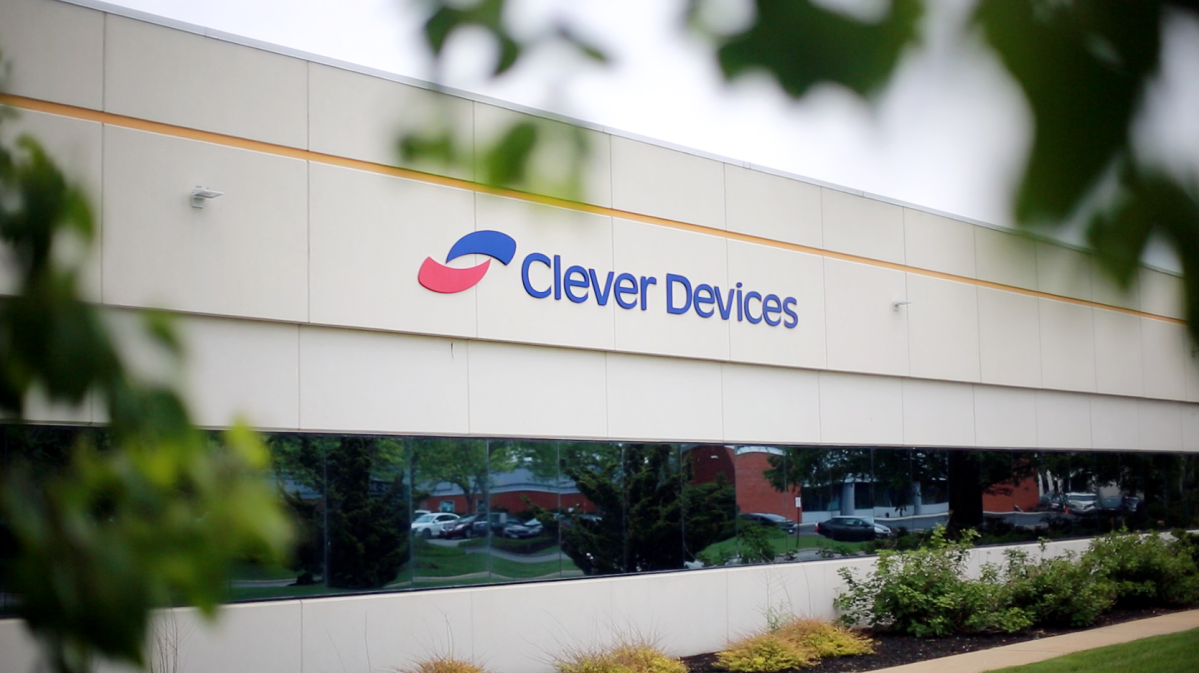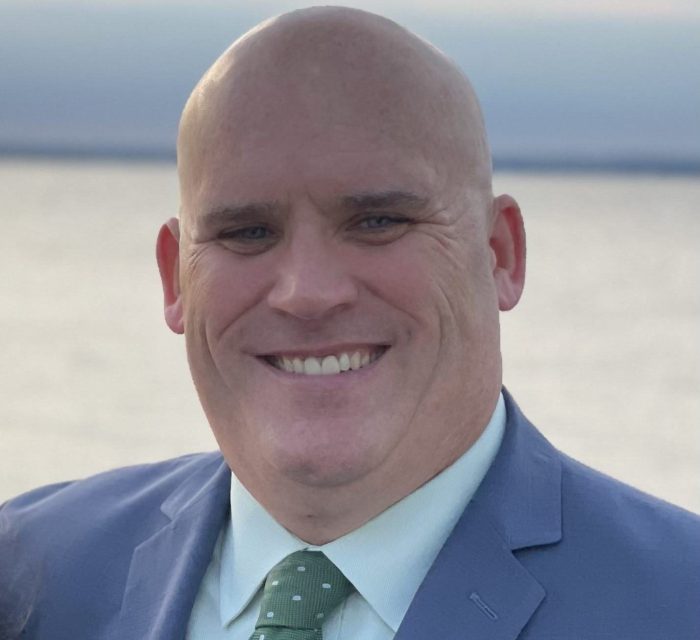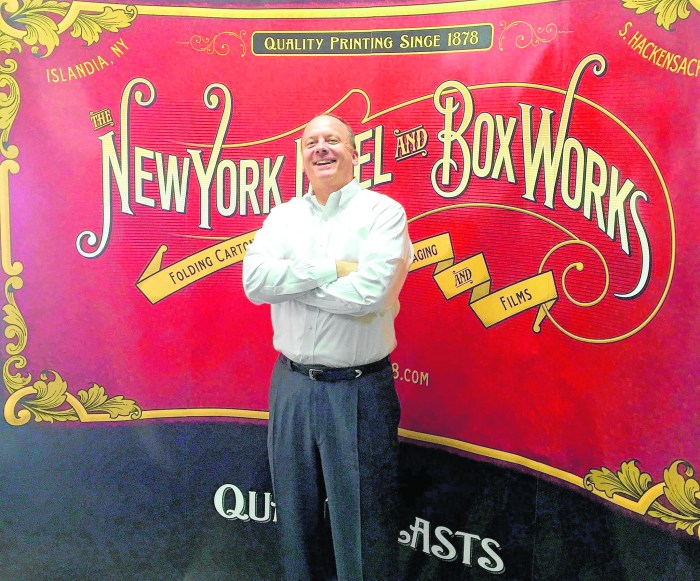In the old days, the business went by the rhythmic name of the Hi Ho Doorbell Company. That was back in the early 1980s, when it was making digital doorbells that played music and made other funny sounds.
Hi Ho Doorbell was located in those days in the basement of Queequeg’s, a bar in Port Washington owned by a man named Bill Long, who also headed the company, but no longer does. Things became more serious by 1988, and the company not only changed its name, to Clever Devices, but its modus operandi as well. It began to focus on the transit industry.
The passage of the Americans with Disabilities Act, in 1990, changed everything for Clever Devices. The company introduced its first product, which automated the announcements bus operators, as they like to be called, were required to make at each stop. Clever Devices is now the voice of transit systems.
It now has 150-plus transit customers around the world, including Nassau Inter-County Express (NICE) bus system, New York City Transit bus, and NJ Transit. It has about 500 employees, including some 216 in Woodbury, and revenues, according to the company’s website, are about $238 million. The privately held company does not disclose profits.
In mid-February, Clever Devices, a software company, received $1 million from New York State’s Empire State Development — one of 50 Long Island recipients to share in nearly $15 million in grants and tax credits that was awarded in a statewide competition. Andrew Stanton, Clever Devices’s chief operating officer, told the Press that the company would use some of the funds to hire an additional 50 employees.
“Doing business in New York is expensive,” Stanton said in an interview in his spacious Woodbury office. “This helps us retain our competitiveness and hire.”
The company has made noises in the recent past about relocating to less expensive parts of the country. In 2023, it located its warehousing and production units in North Carolina.
“But the brain trust of the company is here,” he said, in Woodbury, where the company has about 45,000 square feet of space in the Crossways Park complex. “What keeps us here? We love New York. To the company, the employees, this is home.”
The state has kept tabs on the company. In early January, the company was awarded low-cost electricity from New York State — 46 kilowatts from the state Power Authority’s ReCharge NY program. In return, Clever Devices promised to spend $5.7 million to increase its computing capacity by 25% by purchasing server systems and specialized software.
Stanton said the company currently has no plans to relocate its headquarters, but it must keep its eye on the bottom line to keep costs down.
The disability act opened enormous business opportunities for Clever Devices, said Stanton, an engineer who had previously worked for Rockwell Automation.
“If you were a blind person, you had to know where the bus was,” he said. “If an announcement is made at the wrong time, that person would get off at the wrong stop.”
Clever Devices software lets riders know how far away their bus is via mobile applications, website, text messages, and signs at bus stops. The software also produces onboard announcements, schedules and notifications to mass transit agencies when a bus requires maintenance.
“We can not only say where the bus is, but how it is doing,” time-wise and operationally, Stanton said.
Aside from New York City and Long Island, the company’s software is on buses and trains in Toronto, Pittsburgh, Chicago, and more recently, in Brazil.
The push, Stanton said, is for more overseas business.
The company’s voice messages on buses and trains are computer generated. Once, he said, actors were hired to provide the messages. But it became less expensive to use computerized voice-overs, said.
But, he said, “In New Orleans, you still want to have that twang.”
Martin Melkonian, an adjunct professor of economics at Hofstra University, said the state needs to keep a watchful eye on Long Island companies, particularly those in the tech world, which could locate elsewhere without much trouble.
It may not be the greatest model in the world for the state to hand out money, but economics officials need to keep a highly sophisticated workforce here.
Several other Long Island companies also were awarded state funds, including National Offshore Wind Training Center, in Brentwood, which received $3 million, and AR Hicksville, a developer, which received $1 million. That money is for a housing and retail complex near the Long Island Rail Road station in Hicksville.

































